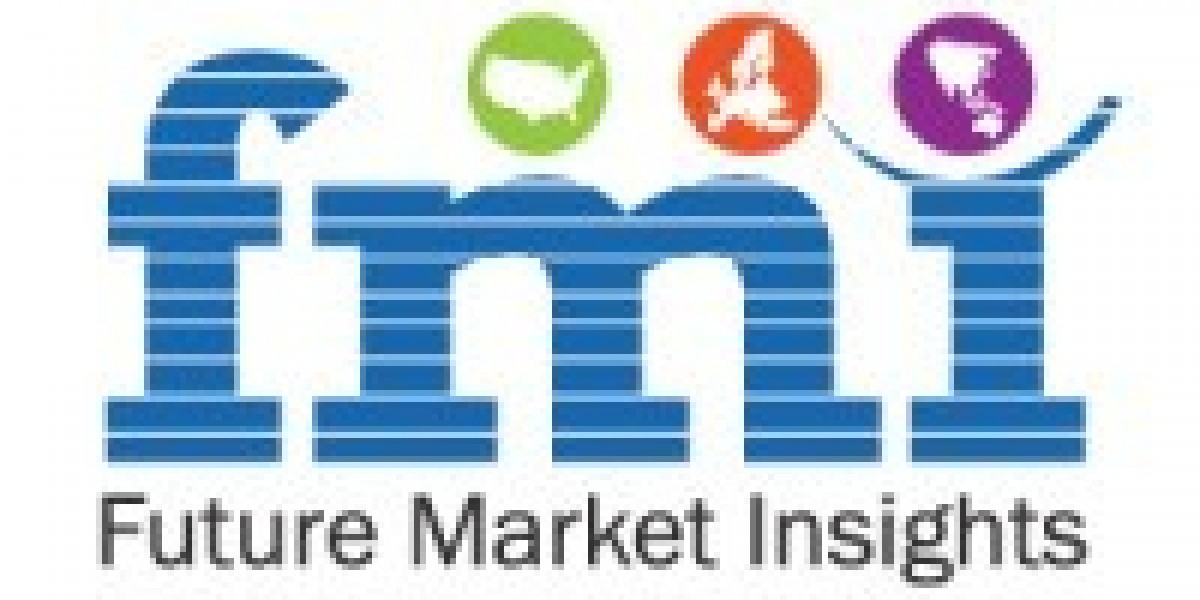The use of geofencing market is predicted to increase at a CAGR of 17.8% throughout the projection period. The geofencing market is expected to increase, rising from US$ 1,867.2 Mn in 2022 to US$ 9,596.6 Mn in 2032.
The demand for geofencing is rising as a result of real-time monitoring, which is crucial for data analysis and drives the majority of the geofencing market share. Geofencing also makes use of GPS and RHD technology to offer accurate data. The market for geofencing is expanding quickly thanks to the increased usage of analytical and geospatial tools.
FMI anticipates that the demand for geofencing throughout the projected period is anticipated to be fueled by the technology’s numerous applications for a number of goals. Geofencing is also becoming more popular as it helps businesses interact with their customers, draw in more foot traffic, and foster stronger customer loyalty. Companies may stay in the spotlight and demonstrate a keen understanding of their consumers’ needs by personalizing and adapting their offers based on customer data.
However, one of the key constraints identified for the geofencing market is the high cost of geofencing devices. It also has some restrictions in terms of radius coverage and rigorous maintenance, limiting the use of geofencing. Furthermore, installation costs may severely restrict the growth of the geofencing market throughout the projection period. The geofencing market is expected to expand since it enables businesses to target specific customers by personalizing and disseminating notifications and adverts in real-time.
Request a Report Sample @ https://www.futuremarketinsights.com/reports/sample/rep-gb-15621
Key Takeaways from Geofencing Market Study
- With a share of 41.0%, the hardware segment dominates the geofencing market by solution.
- Due to the broad use of these solutions by sectors including transportation and logistics, retail, automotive, and government, the hardware segment dominated the geofencing market in 2021.
- According to technology, active geofencing holds a 57.8% share of the geofencing market. The versatility and usefulness of active geofencing have improved.
- The transportation and logistics industry is anticipated to have the largest market share of 24.2% throughout the forecast period. When it comes to the implementation of geofencing market solutions, the transportation and logistics segment is one of the most important industries.
- North America is expected to occupy 35.2% of the market during the projected period. The majority of stable and established economies in North America spend extensively in R&D, promoting the development of new technology.
- The Europe region is also predicted to see exceptional growth. The key players and research and development initiatives are projected to generate more profit in the coming years.
- In 2021, India held a 10.5% share of the Asia Pacific geofencing market.
- In 2021, China held a 12.3% share of the Asia Pacific geofencing market.
- During the projected period, the South Asia and Pacific region is expected to grow at a CAGR of 22.5% between 2022 and 2032.
“The various applications of geofencing and technologies for a variety of goals are expected to promote geofencing adoption throughout the projection period. However, the high cost of geofencing devices is projected to hamper the market growth.” –FMI Analyst
Request Methodology @
https://www.futuremarketinsights.com/request-report-methodology/rep-gb-15621
Competitive Landscape
Companies in the geofencing market are working to increase the accuracy and integration functionality of their solutions while also extending their capabilities. These firms are creating solutions for a wide range of client segments for promotion, asset tracking, workforce management, and fleet monitoring applications through aggressive promotion and marketing techniques.
Major firms with great brand recognition, successful competitive strategies, and distribution dominance include IBM, Microsoft, Google, and Samsung. Overall, the geofencing market players are highly competitive.
Google, Apple, Bluedot Innovation, Thumbvista, Esri, Embitel, Simplifi.fi, Gimbal, Mapcite, UpSnap, Placecast, Swirl Networks, GeoMoby, Localytics, Urban Airship, Pulsate, PlotProjects, Radar Labs, and DreamOrbit are a few companies in the geofencing business.
Latest Developments in the Geofencing Market:
- August 2022 – DJI received the world’s first C1 EU-type drone evaluation certificate under the European Drone Regulation. This has helped them build a trustworthy brand image and attract new clients for the organization.
- March 2022 – Using the Samsung Knox platform, Samsung and Telus successfully introduced Canada’s first next-generation Mission Critical Push-to-X (MCPTX) services, which provide information and data as well as important operational features such as geofencing and video to keep the public safe.
- In March 2022, Microsoft Firm finalized its acquisition of Nuance Communications, Inc., a US-based corporation, for a total purchase price of USD 18.8 billion, mostly in cash. Nuance is an artificial intelligence software firm with experience in healthcare and enterprise AI, and the acquisition is most likely help the company to expand.
Key Segments Covered in the Geofencing Market Report
By Solution:
- Hardware
- Software
- Services
By Technology:
- Active Geofencing
- Passive Geofencing
By Industry:
- Transportation and logistics
- Retail
- Healthcare and life sciences
- Industrial manufacturing
- Media and entertainment
- Government and defense
- Banking, Financial Services, and Insurance (BFSI)
- Others (agriculture, education, construction and engineering, and energy and utilities)
By Region:
- North America
- Latin America
- Western Europe
- Eastern Europe
- Asia Pacific excluding Japan (APEJ)
- Japan
- Middle East & Africa (MEA)








